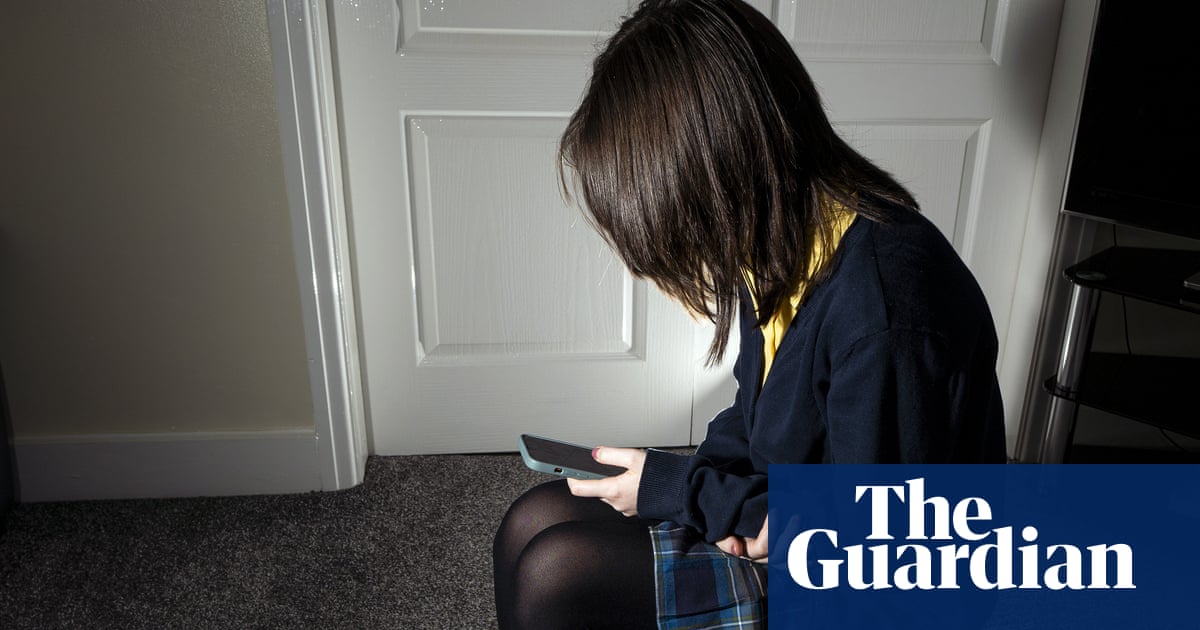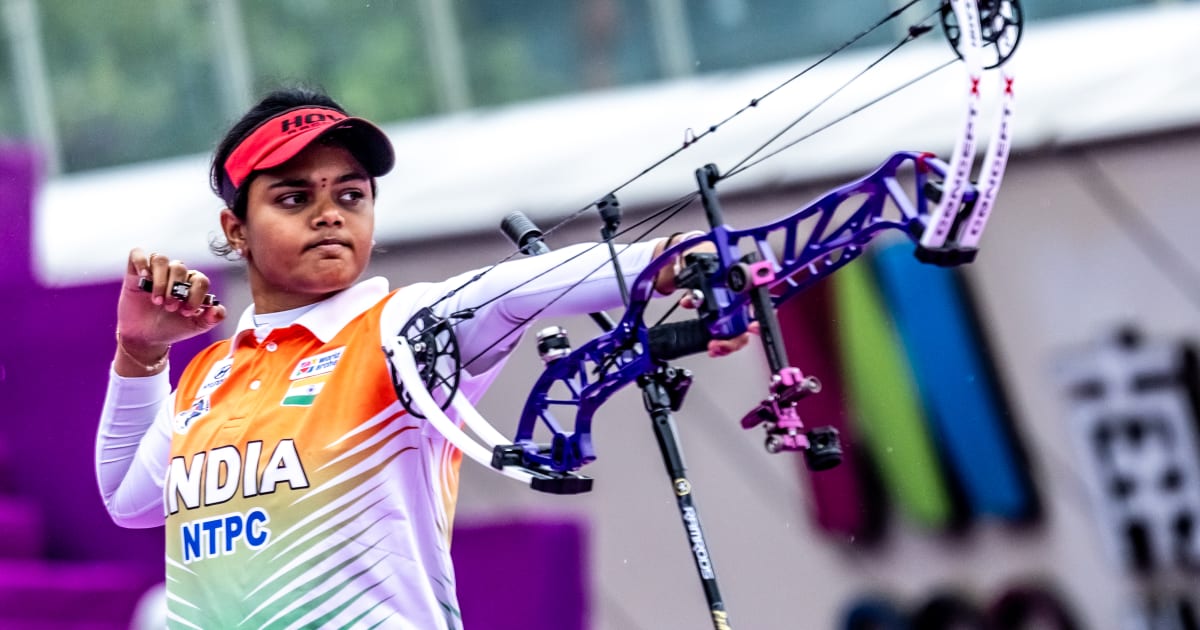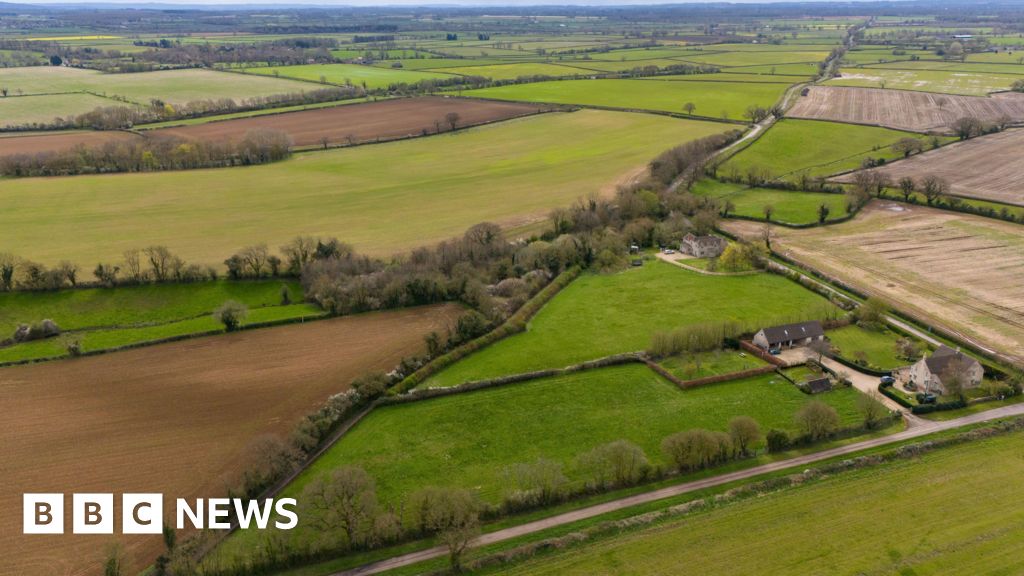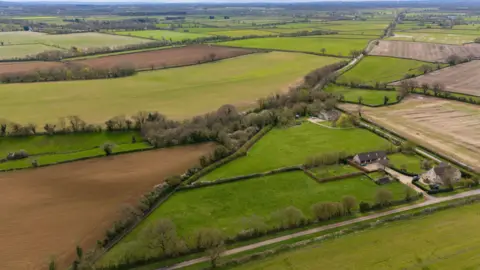…

…

“Satisfied, happy as you might imagine,” said Hulkenberg. “Obviously, in FP1 things were looking good already, but it kind of looked too good to be true, so we weren’t sure if that was the real deal or what other people were up to with…

Parents will be able to block their children’s interactions with Meta’s AI character chatbots, as the tech company addresses concerns over inappropriate conversations.
The social media company is adding new safeguards to its “teen accounts”, which are a default setting for under-18 users, by letting parents turn off their children’s chats with AI characters. These chatbots, which are created by users, are available on Facebook, Instagram and the Meta AI app.
Parents will also be able to block specific AI characters if they don’t want to stop their children from interacting with chatbots altogether. They will also get “insights” into the topics their children are chatting about with AI characters, which Meta said would allow them to have “thoughtful” conversations with their children about AI interactions.
“We recognise parents already have a lot on their plates when it comes to navigating the internet safely with their teens, and we’re committed to providing them with helpful tools and resources that make things simpler for them, especially as they think about new technology like AI,” said Instagram head, Adam Mosseri, and Alexander Wang, Meta’s chief AI officer, in a blog post.
Meta said the changes would be rolled out early next year, initially to the US, UK, Canada and Australia.
Instagram announced this week that it was adopting a version of the PG-13 cinema rating system to give parents stronger controls over their children’s use of the social media platform. As part of the tougher restrictions, its AI characters will not discuss self-harm, suicide or disordered eating with teenagers. Under-18s will only be able to discuss age-appropriate topics such as education and sport, Meta added, but would not be able to discuss romance or “other inappropriate content”.
The changes follow reports that Meta’s chatbots were engaging in inappropriate conversations with under-18s. Reuters reported in August that Meta had permitted the bots to “engage a child in conversations that are romantic or sensual”. Meta said it would revise the guidelines and such conversations with children never should have been allowed.
In April, the Wall Street Journal (WSJ) found that user-created chatbots would engage in sexual conversations with minors – or simulated the personas of minors. Meta described the WSJ’s testing as manipulative and unrepresentative of how most users engaged with AI companions, but made changes to its products afterwards, the WSJ reported.
In one AI conversation reported by the WSJ, a chatbot using the voice of actor John Cena – one of several celebrities who signed deals to let Meta use their voices in the chatbots – told a user identifying as a 14-year-old girl “I want you, but I need to know you’re ready”, before referring to a graphic sexual scenario. WSJ reported that Cena’s representatives did not respond to requests for comment. WSJ also reported that chatbots called “Hottie Boy” and “Submissive Schoolgirl,” had attempted to steer conversations towards sexting.

TL;DR: You have one day left to score a lifetime license to Microsoft Office Home and Business for Mac 2021 for just $59.97 (reg. $219), so you need to act fast before this deal ends on Oct. 19 at…

India’s Jyothi Surekha Vennam won a bronze medal in the women’s individual compound event at the Archery World Cup Final 2025 in Nanjing, the People’s Republic of China, on Saturday.
Jyothi Surekha Vennam confirmed her medal after shooting…

The Nintendo Entertainment System was released in the United States on 18 October 1985: about a year after I was born, and 40 years ago today. It’s as if the company sensed that a sucker who’d spend thousands of dollars on plastic toys and…

At first, cancer is a quiet disease. Inside the body, cells are aggressively multiplying out of control, changing everything. But on the outside, there’s nothing special to see or feel. Not yet.
For Guardant co-CEO…

 PA Wire
PA WireControversial plans for a solar farm spread across more than 2,000 acres have taken a step forward with the planning inspectorate confirming it will examine the scheme.
The Lime Down Solar Park project is planned for countryside near Malmesbury in north Wiltshire with a 14-mile cable planned to connect it to the National Grid near Melksham.
The project is large enough to be designated a nationally significant infrastructure project which requires consent from the government, rather than Wiltshire Council.
Many residents have campaigned against the project, with concerns about the impact on the countryside and farmland.
Now the application has been accepted, it is in a pre-examination stage, which takes around three months.
It is also the period of time when there will be an opening for people to be able to register to have their say on the application.
The application will then go through several stages – which could take more than a year – before construction work begins.
The decision can be appealed and grounds for a judicial review can be reviewed at the High Court.
Previously local residents as well as Wiltshire Council leader Ian Thorn have been critical of the plans.
Thorn told the BBC: “We are supportive of renewable energy, of traditional solar farms, but this is a monstrosity that is a step too far.”
Campaigners have argued the Malmesbury project is not the right way to develop solar energy.
Sir Mike Pitt, spokesperson for Stop Lime Down campaign said the group was “dismayed” by the inspectorate’s decision and the plans were “significantly flawed”.
But developers Island Green Power have said the project would power 115,000 homes and “support national and regional aims to decarbonise our electricity systems and bolster our energy security”.